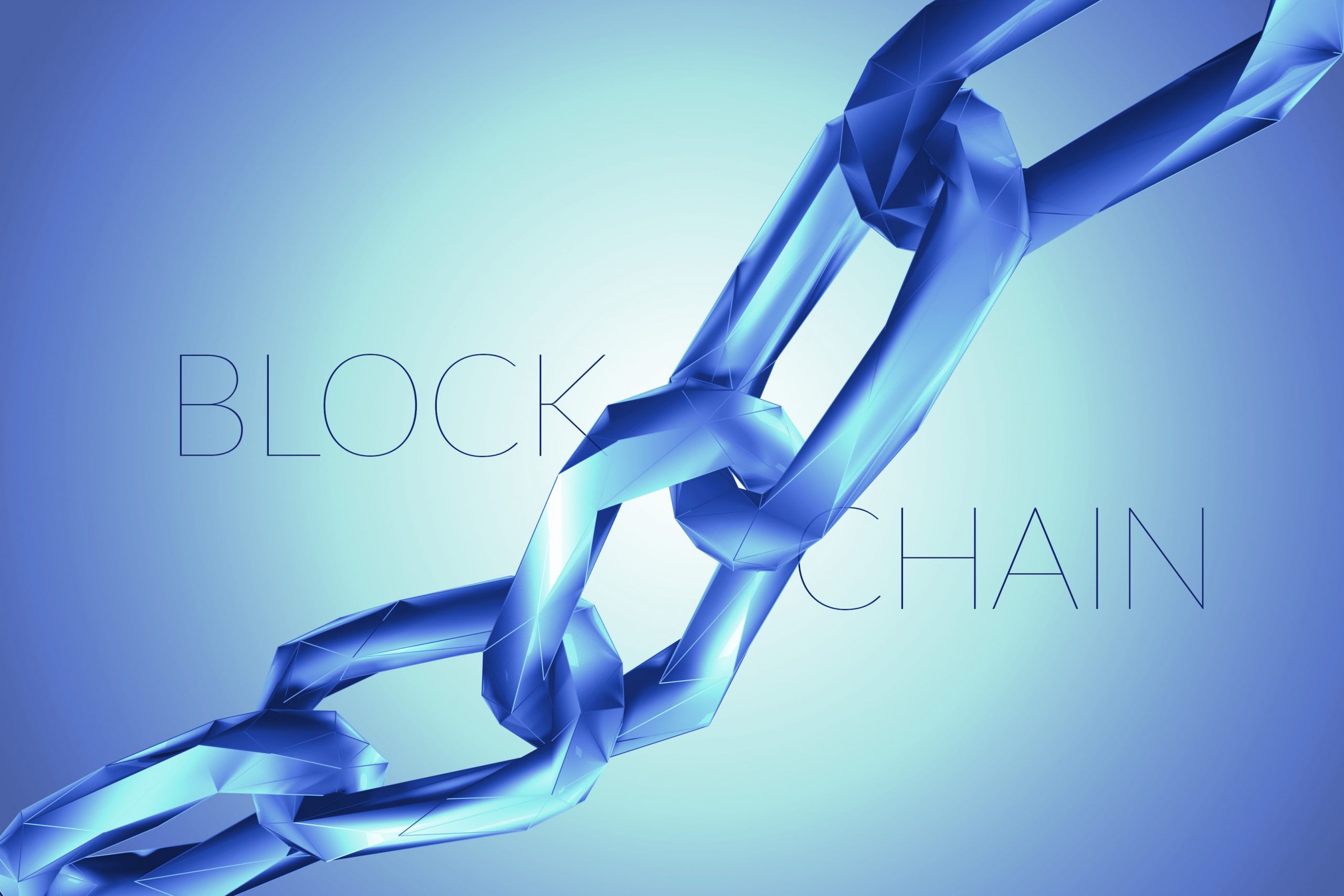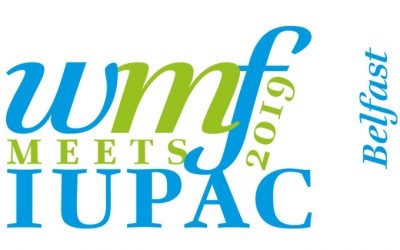Blockchain: Its value for the food chain

Blockchain is a term that can be heard quite often these days. It can bring three potential benefits for the food value chain, according to a report from Rabobank.
Blockchain was first used as the core component of the digital currency bitcoin where it works as a public ledger for transactions and since early 2016, an increasing number of companies have started to utilise this technology to facilitate trades and sales. Blockchain allows consumers and suppliers to connect directly, removing the need for a third party, in a digital format. To reap the benefits from blockchain technology it is crucial that companies digitalise and standardise processes. In primary agriculture this is often not the case (yet). But there are some examples from the food sector, coffee and also grain trading for example.
According to a recent report from Dutch bank Rabobank the blockchain technology has three potential benefits for the food value chain:
Benefit 1:Lower costs, due to higher operational efficiency. Transaction costs decline, as the need for verification decreases in a blockchain, For example, the need to manually check documents, certificates, counterparties etc disappears because the information in the blockchain is reliable and it sufficient to trigger payment.
Benefit 2: Increased transparency. Traditionally, stakeholders in a food value chain are required to manually pass on data associated with the physical product. The shared nature of blockchain technology means that, once data is entered within the blockchain, it can be viewed by all participants. This means that stakeholders are better informed and can better anticipate changes in either the upstream or downstream part fit the value chain. The information can also be used to increase the value of the end product.
Benefit 3: Creation of new business opportunities. For example, asset-based financing across the value chain, new risk management services, data-driven predictive modelling, and new trading platforms for smaller companies.
Companies have to start exploring options
According to Rabobank, this technology is likely to change how participants in the food value chain interact, because it can lead to new ways of financing, increased efficiency of the value-chain, a stronger position of smaller companies and opportunities for new products and services. The bank therefore concludes that if companies want to remain successful in the future food value chain, they have to start exploring options to participate in blockchain initiatives. Key to reaping any of these benefits is a digitalisation of internal and external processes. Furthermore, setting the right blockchain initiatives will be challenging. Therefore, participating in more than one initiative and/or maintaining flexibility to switch to other blockhain initiatives is recommended.”
Some great articles from other sources:
- Startup raises $800,000 to launch ‘blockchain’ food supply chain transparency service
- Blockchain project sets out to defend Australia’s world-class beef
- IBM partners with Nestle, Unilever and other food giants to trace food contamination with blockchain
- World’s first seafood dedicated blockchain
- World’s 1st blockchain traceable coffee solution on pilot in Africa
- Wageningen University: Relevance of blockchain technology for agrifood











